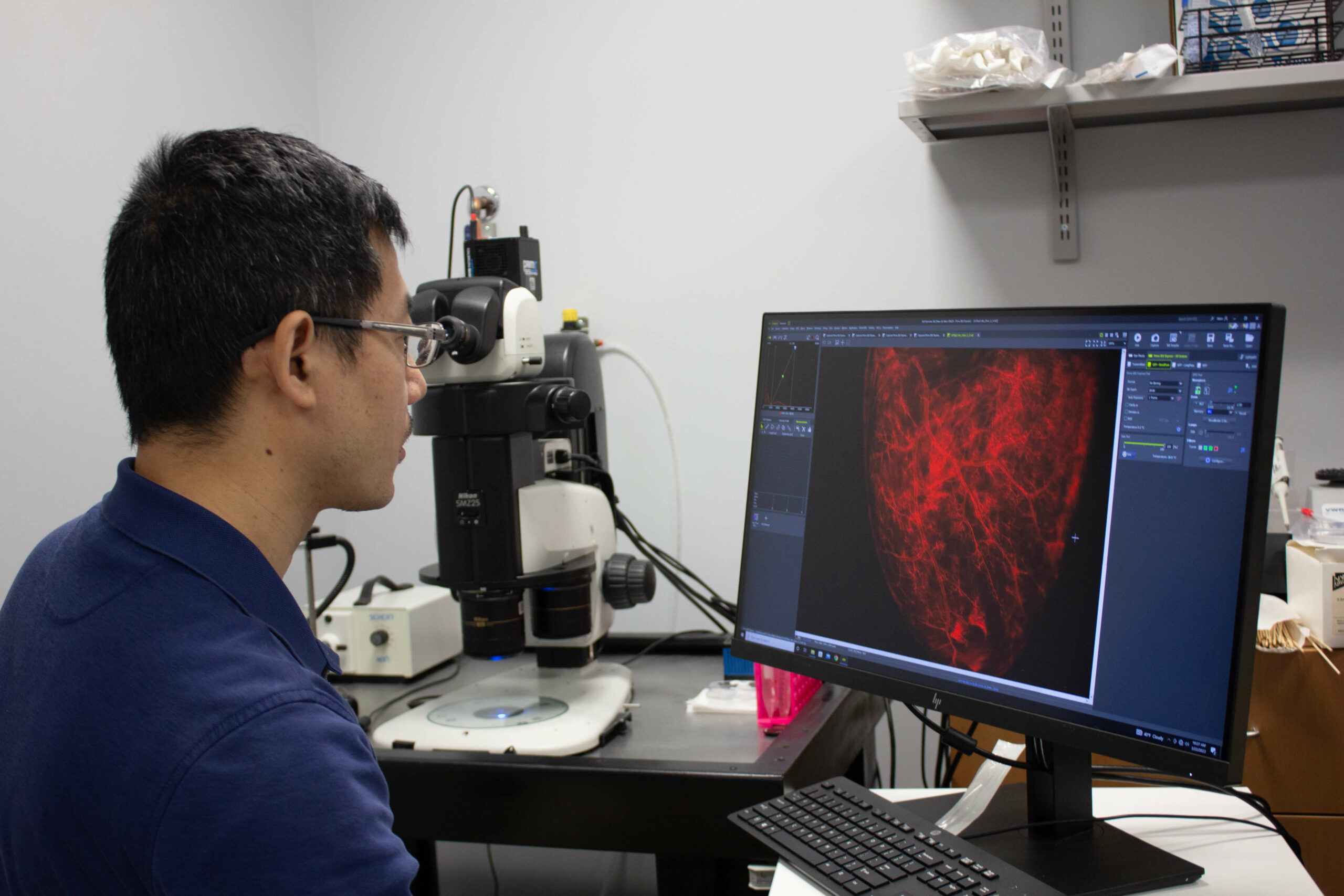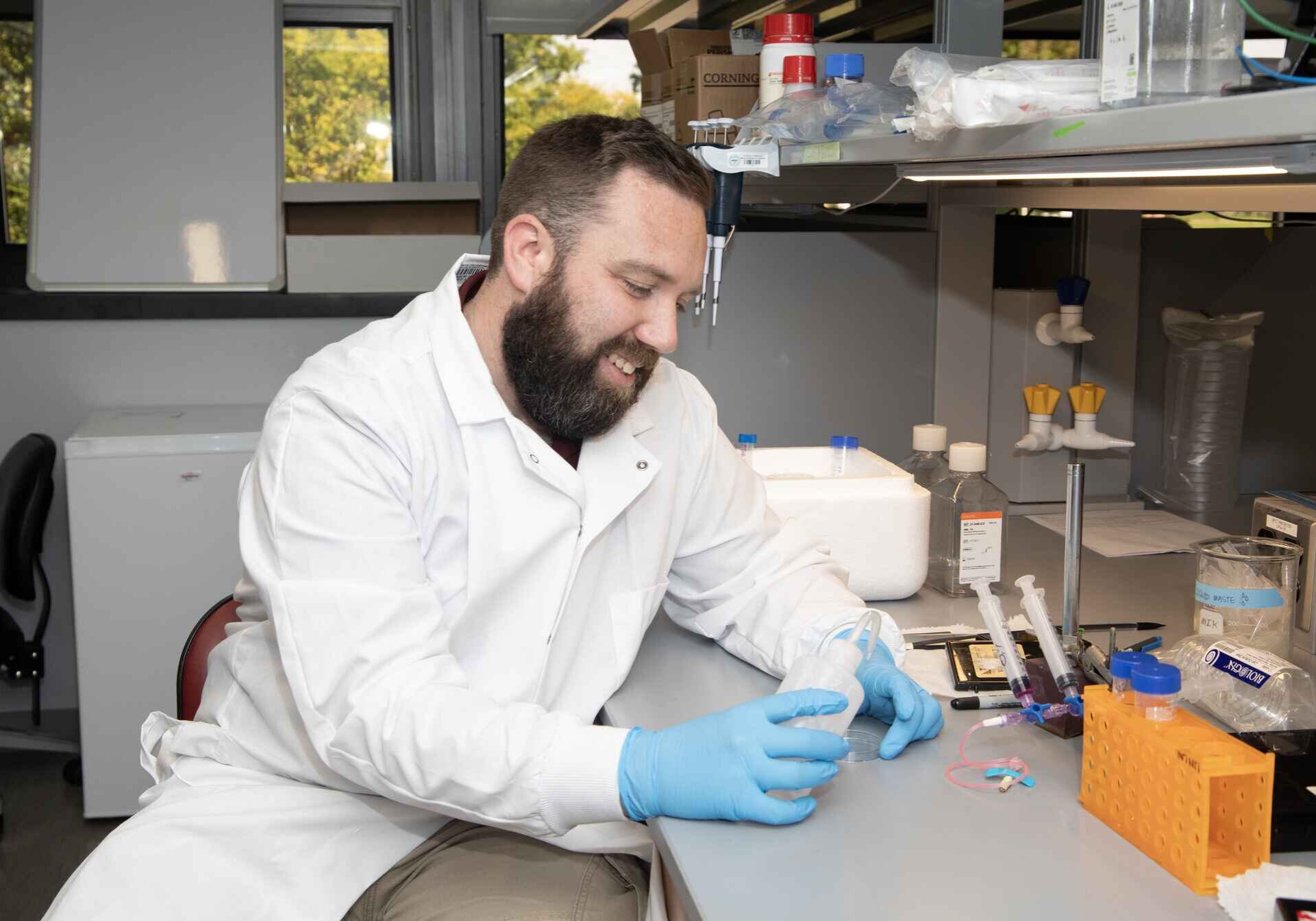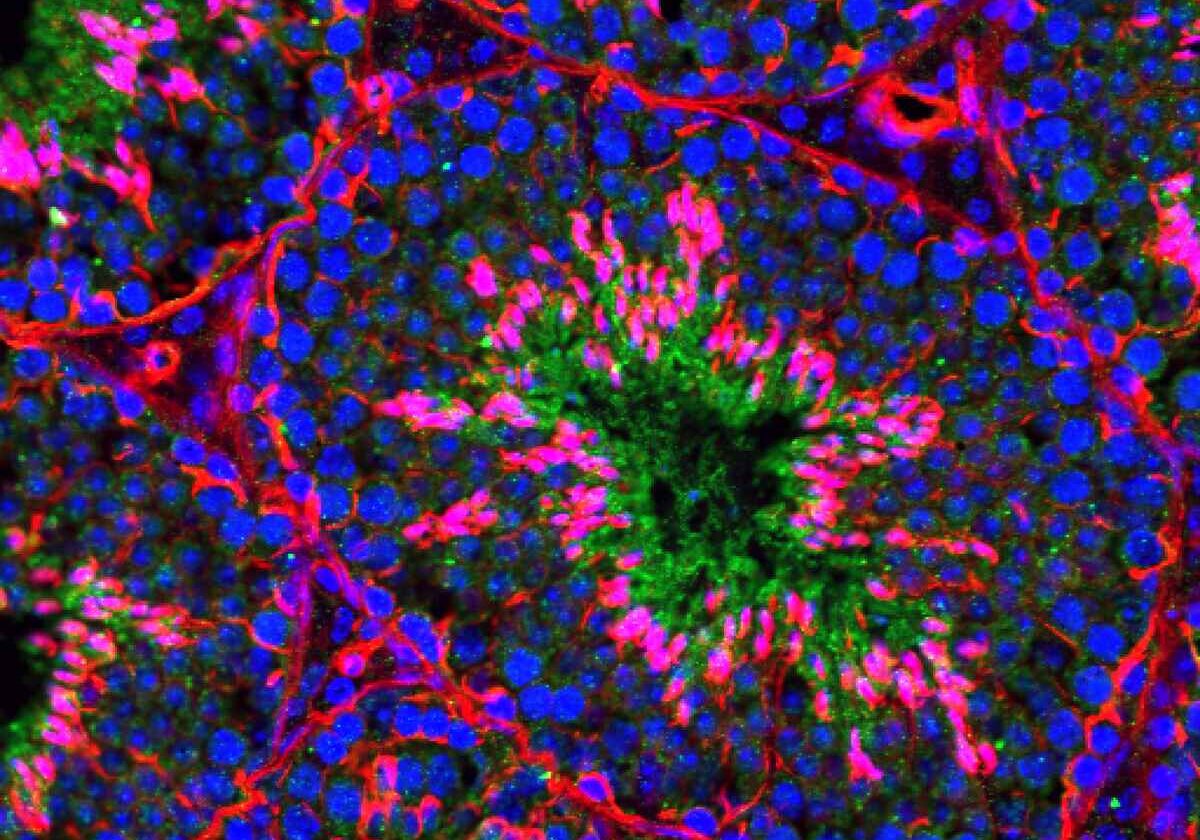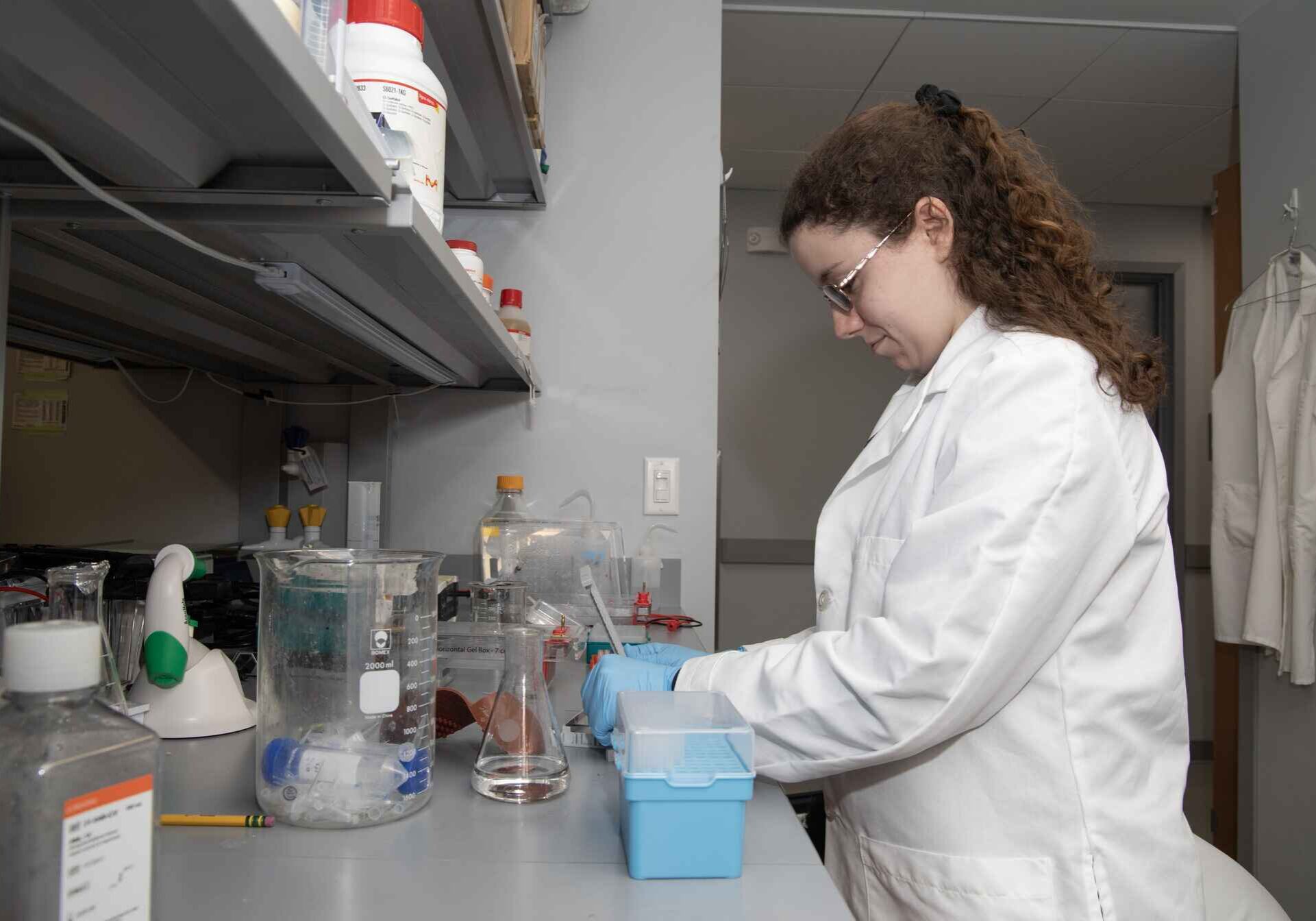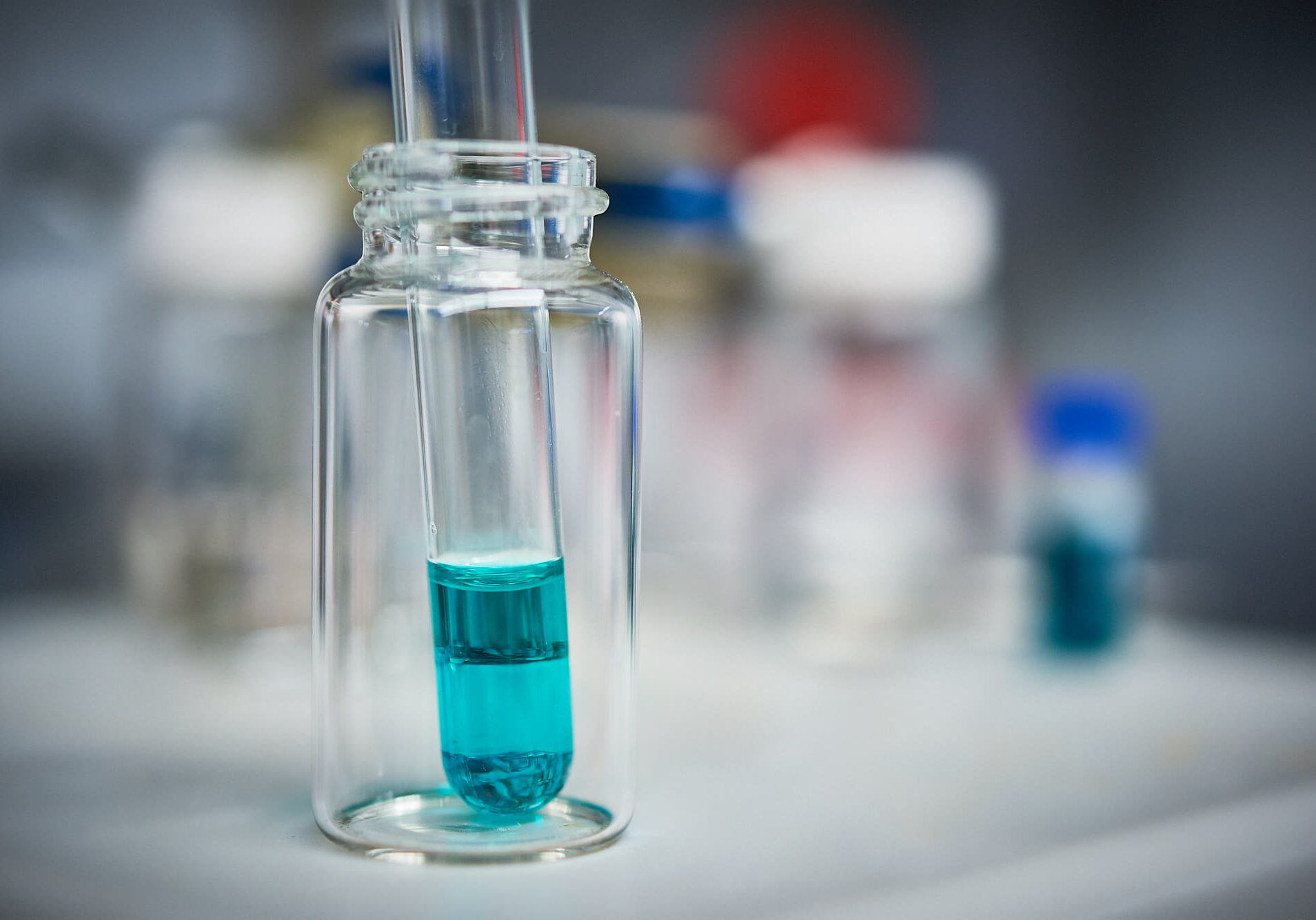Dr. Lin employs genetics as a powerful tool to investigate the intricate impacts of various stressors, including inflammation, obesity, and COVID-19, on the functionality of heart, liver and adipose tissue. He conducts tissue-specific gene gain- and loss-of-function studies, specifically focusing on unraveling the pathophysiological roles of the Hippo-YAP pathway in the heart and brown adipose tissue. Leveraging cutting-edge technology, such as Adenovirus-associated-virus (AAV) and modified messenger RNA, as gene delivery platforms, Dr. Lin's translational studies aim to develop promising drug candidates for the treatment of cardiovascular and metabolic diseases.
Hippo-YAP Signaling: Heart and Fat Tissue Function
Covid-19 Spike Protein: Immunity and Heart Health
Metabolism: Research on Live and Brown Adipose Tissue
Investigation of Diseases

Lab Members
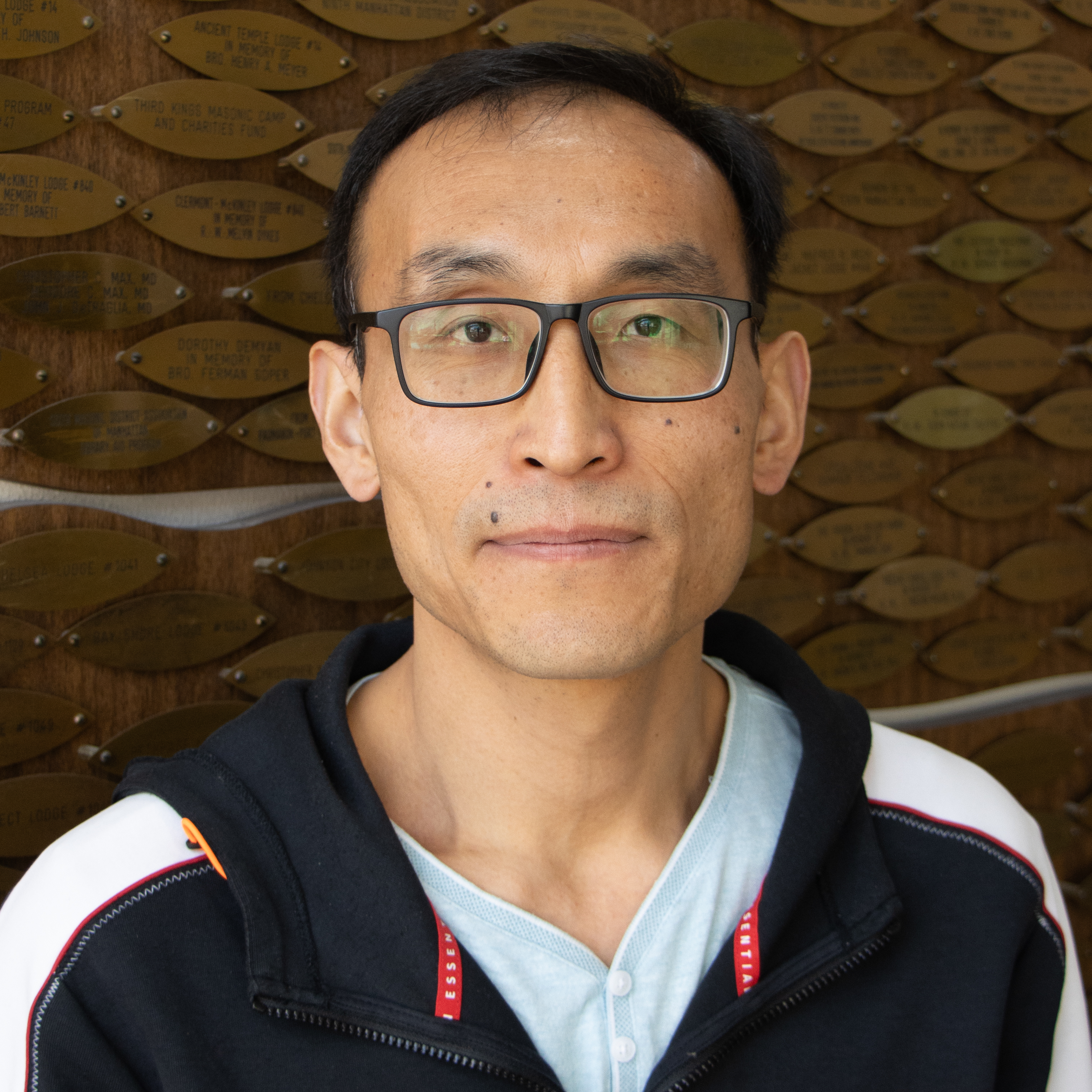

Chase Kessinger, Ph.D.
Chase Kessinger, Ph.D.

